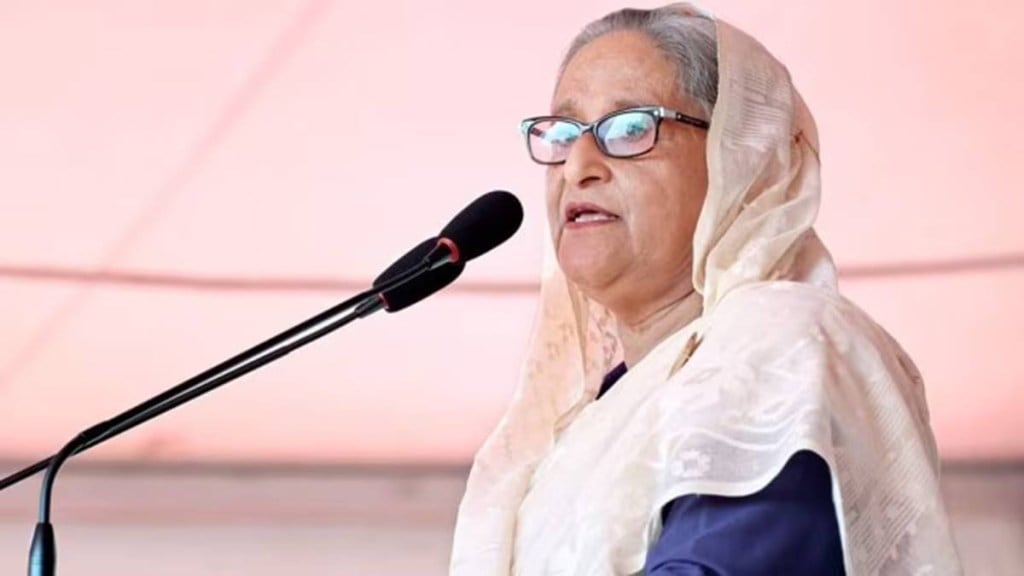Amidst escalating tension in Bangladesh, India has pledged support to former Prime Minister Sheikh Hasina, who recently arrived in New Delhi. External Affairs Minister S. Jaishankar, along with other senior ministers, briefed an all-party meeting on August 6 about the situation and India’s response. Jaishankar emphasized that India is closely monitoring the situation, especially concerning the safety of over 10,000 Indian students in Bangladesh.
,
Assurance of Support
During the meeting, Jaishankar reassured that India had assured help to Sheikh Hasina, who is reportedly in a state of shock following her ouster. Hasina fled Bangladesh after intense street protests over a job quota system, leaving the country in a precarious situation. India has given her time to decide her next steps, indicating a supportive stance during this uncertain period.
Concerns Over Foreign Involvement
Addressing concerns raised by leaders like Congress’s Rahul Gandhi, Jaishankar did not dismiss the possibility of foreign governments’ involvement in the unrest. He noted that the situation remains fluid, and the Indian government is keeping a vigilant watch. Jaishankar also highlighted the targeting of minority households and properties by protestors, a troubling development in the neighbouring country.
All-Party Consensus
The all-party meeting, attended by prominent leaders including Defence Minister Rajnath Singh and Leader of Opposition Rahul Gandhi, showed a unified front. Congress leader Karti Chidambaram affirmed the party’s support for the government in matters of national security and interest. This consensus is crucial as India navigates a potentially volatile situation in its neighbourhood.
Regional Implications
The departure of Sheikh Hasina has left a power vacuum, with Bangladesh shaking on the brink of an economic crisis similar to those in Pakistan, Maldives, and Sri Lanka. The situation is aggravated by high unemployment rates and the rise of radical groups like Jamaat e Islami. There are fears that these groups could turn against the Bangladeshi Army if their demands are unmet, further destabilizing the region.
For India, Hasina’s exit presents a significant challenge. A radical regime in Bangladesh could pose a threat from the eastern front, adding to India’s already unstable neighbourhood. With political turmoil gripping all of India’s neighbours, barring Bhutan, the Modi government faces a complex geopolitical landscape. India’s strategy will likely involve stabilizing the interim government in Bangladesh while bolstering its security measures to mitigate cross-border threats.
India’s Strategic Response
In response to these developments, India may need to enhance its intelligence capabilities and security measures. The presence of fifth columnists within India, who may exploit the situation, also poses a concern. As the situation unfolds, India will aim to insulate itself from external and internal challenges, ensuring the country’s safety and stability.
Bottomline
India’s assurance of support to Sheikh Hasina reflects its commitment to maintaining stability in the region. As Bangladesh navigates this turbulent period, India’s role as a supportive neighbour will be critical in managing the crisis and its potential fallout.
